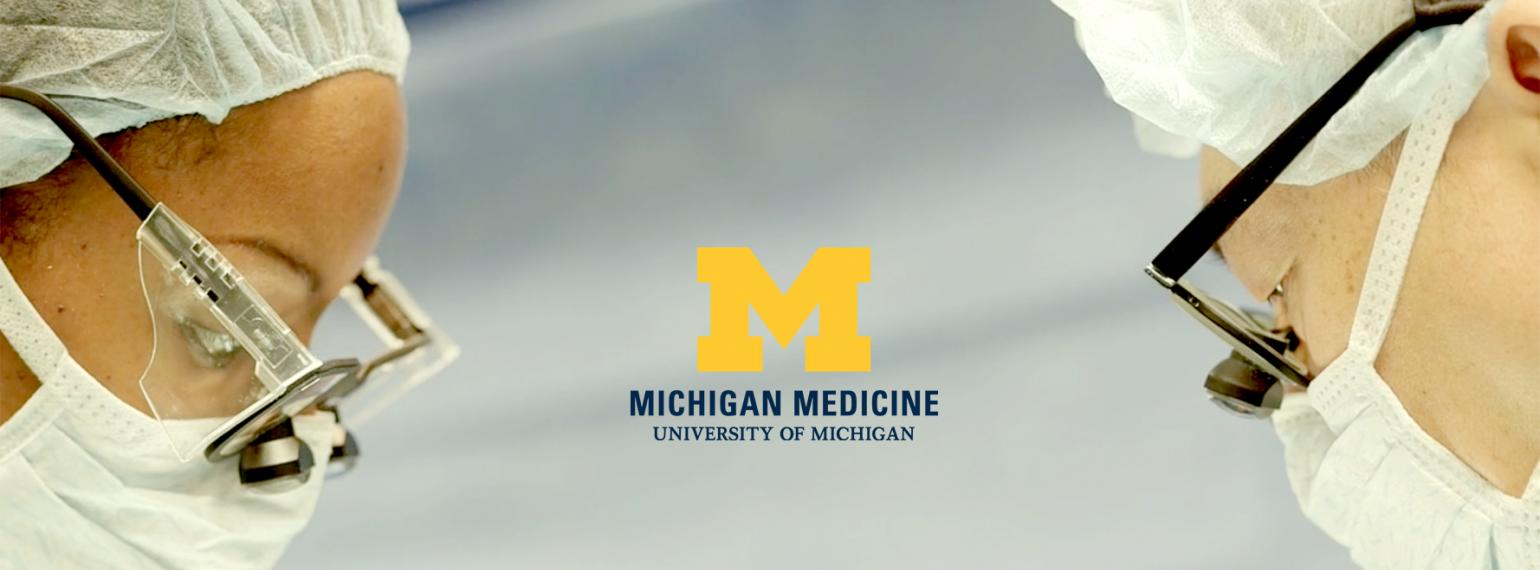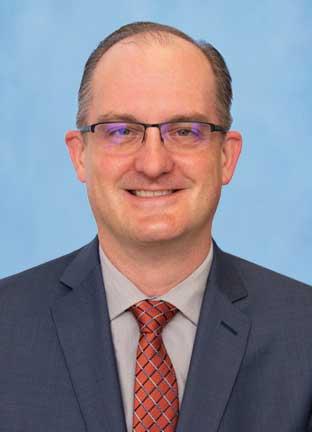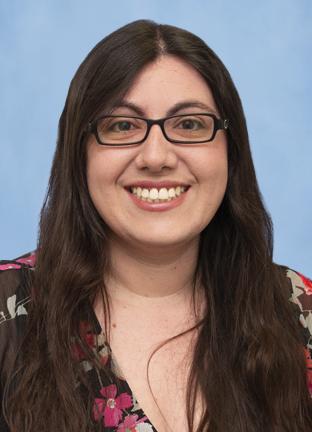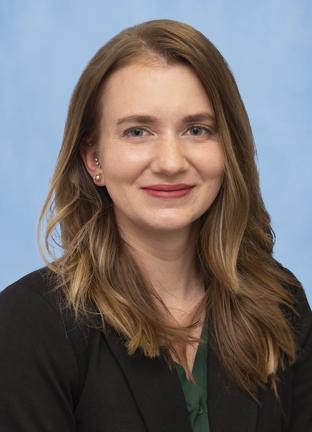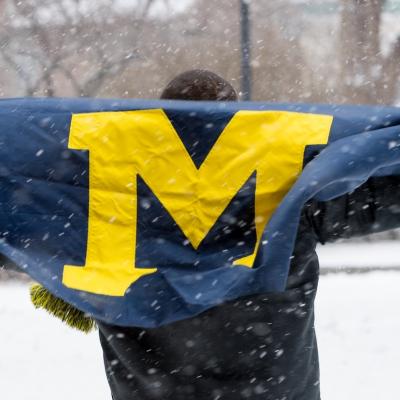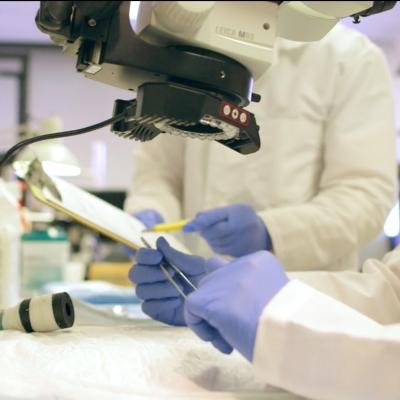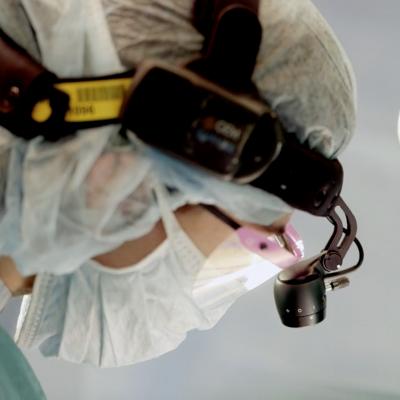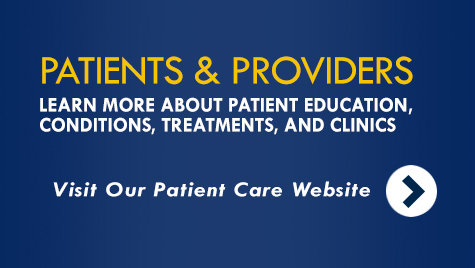The University of Michigan Hand Fellowship includes two positions available to board-eligible plastic and orthopaedic surgeons who wish additional training in the evaluation and management of upper extremity problems. Both positions are a one-year training program, running from August 1 through July 31 each year offering:
- A busy clinical practice, treating patients with a range of common and complex conditions, including traumatic injuries, arthritis, tendonitis, nerve compression, congenital differences, vascular or circulation problems, tetraplegia, brachial plexus injury, and cancers of the hand.
- A rotation schedule designed to immerse you in the full lifecycle of care, from the clinic to the OR to a patient’s postoperative rehabilitation.
- Exposure to a range of clinical care settings, including adult and pediatric tertiary-care hospitals, outpatient clinics and ambulatory surgery centers, and a community hospital experience, all part of Michigan Medicine, the high-volume academic medical center at the University of Michigan.
- Annual lectures from visiting experts as part of the Michigan Hand Surgery Visiting Professor program. Past visiting professors include Drs. James Chang, Richard Gelberman, Brent Graham, Michelle Carlson, and Michelle James.
- A truly combined program, with equal immersion in both plastic surgery-based and orthopaedic surgery-based Hand Services. Our fellows have found this to be a unique benefit to our program. This type of collaborative interaction is not found in many academic centers.
Clinical Experience
Although the faculty are evenly distributed between Orthopaedic and Plastic Surgery, we think of ourselves first and foremost as Hand Surgeons, and we function as a unified group. The majority of training is carried out at the University of Michigan Medical Center, which includes the University Hospital and the adjacent C. S. Mott Children's Hospital. Outpatient clinics and ambulatory surgery centers are situated "off-campus", but these facilities are within a short drive of the Medical Center. A unique, community-based hospital experience is also available at the nearby Trinity Health Chelsea Hospital, where our hand surgeons also do cases.
The rotation schedule is set up in 2- and 4-month blocks to allow continuous immersion in the practice of these faculty members. The fellows accompany the faculty member to both the clinic and the operating room during these rotations, providing continuity of care between the initial evaluation, the operative management, and postoperative rehabilitation of each patient. The fellows are given incrementally increased responsibility throughout the year, as they move through the program.

